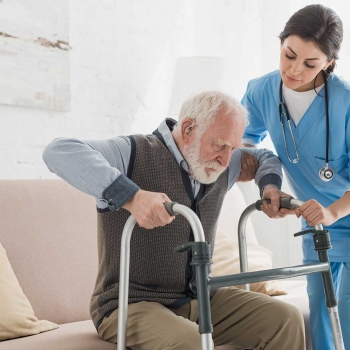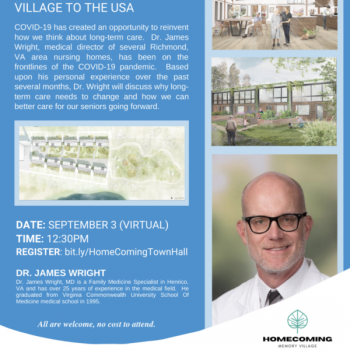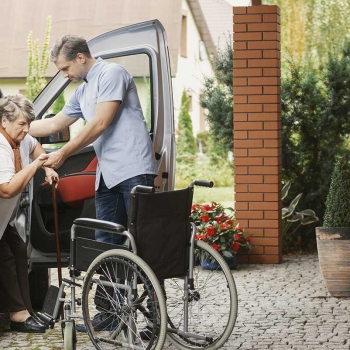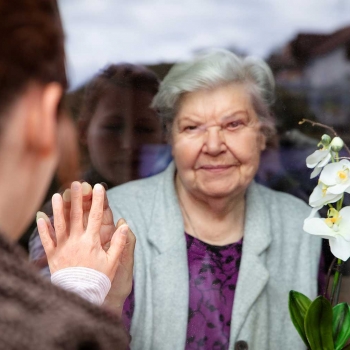Friends naturally want to help their friends and their thoughts and advice give comfort in life. Faced with medical or legal problems, however, nonprofessional advice may be incorrect, and could result in serious unintended consequences. The following is an illustration of how well intended, but wrong advice could affect a family’s ability to stay at home, get homecare paid by the Connecticut Home Care Program for Elders, and preserve an inheritance for children and grandchildren.
Assume a friend is talking with a couple that wants to do estate planning to minimize inheritance taxes, capital gains taxes, avoid probate, and pass on those hard-earned life savings to their children. The friend says the way to do that and to avoid probate is to put assets into a revocable trust. They decide to consult with an elder law attorney who evaluates their particular financial situation and based on that situation, the attorney recommends an irrevocable trust to accomplish all their purposes.











